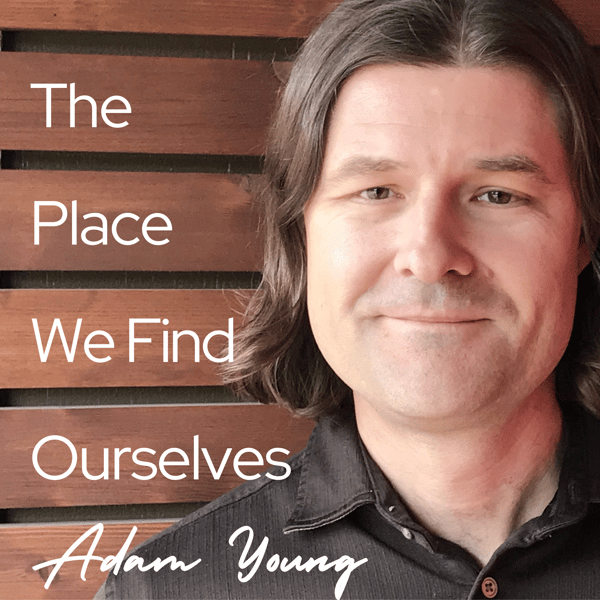16 Why Lament (Surprisingly) Leads to Life and Freedom
The Place We Find Ourselves
Adam Young
4.8 • 2.5K Ratings
🗓️ 23 July 2018
⏱️ 31 minutes
🧾️ Download transcript
Summary
If you take your story and your wounds seriously, then sooner or later you will find yourself disoriented by tragedy and heartache. The invitation at this point is to lament. When was the last time you just poured out your feelings to God—before editing your words, before making them consistent with some sort of theology? It takes more faith and trust to take our sorrow to God than it does to push down what we are actually feeling. And the surprising result of lament is a renewed sense of freedom and even joy.
Transcript
Click on a timestamp to play from that location
| 0:00.0 | You're listening to the place we find ourselves podcasts. I'm Adam Young and this is episode 16 |
| 0:07.7 | while lament surprisingly leads to life and freedom. If you take your story and your |
| 0:14.5 | wounds seriously sooner or later you will find yourself disoriented by tragedy and heartache |
| 0:21.4 | and the invitation at this point is to lament. Lament is pouring out your feelings to God |
| 0:28.7 | before editing your words, before making them consistent with some sort of theology. |
| 0:34.4 | It takes more faith and trust to take our sorrow to God than it does to push down what we're |
| 0:41.0 | actually feeling and the surprising result of lament is a renewed sense of freedom and even joy. |
| 0:49.3 | So here is episode 16. Thanks for listening. |
| 0:52.6 | In today's show I want to talk about the importance of lament and I want to look at the book of Job |
| 1:03.6 | as a guide to lament. The book of Job demonstrates that lament lies at the core of what it means to engage |
| 1:12.8 | well with God. If you take your story seriously, if you take your heart seriously, if you take your |
| 1:18.0 | wounds seriously, then sooner or later you will find yourself disoriented by the tragedies and the |
| 1:25.3 | heartaches of this world. Job is the biblical example, par excellence of someone whose life is |
| 1:32.8 | turned upside down by tragedy and heartache. So it would be who of us therefore to pay attention to |
| 1:40.2 | how Job responded to the tragedies of his life. And the answer is as simple as it is surprising. |
| 1:47.9 | He responded in two primary ways. Rage and lament. We talked about rage in an earlier episode. |
| 1:56.9 | Today we're going to talk about this whole realm of lament. Here's what we read in Job chapter three. |
| 2:04.8 | These are the first words Job speaks after he has lost his children, his possessions, his health. |
| 2:12.0 | It says this, after this Job opened his mouth and cursed the day of his birth. And Job said, |
| 2:21.1 | let the day perish on which I was born and the night that said a man is conceived, let that day be |
| 2:27.8 | darkness. Why did I not die at birth? My sying comes instead of my bread and my groanings are poured |
| 2:37.6 | out like water. For the thing that I fear comes upon me and what I dread befalls me. |
... |
Please login to see the full transcript.
Disclaimer: The podcast and artwork embedded on this page are from Adam Young, and are the property of its owner and not affiliated with or endorsed by Tapesearch.
Generated transcripts are the property of Adam Young and are distributed freely under the Fair Use doctrine. Transcripts generated by Tapesearch are not guaranteed to be accurate.
Copyright © Tapesearch 2025.

